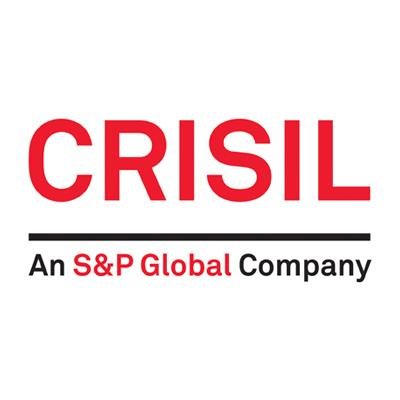
Cumulative spending on corporate social responsibility (CSR) has shot past the magical Rs 50,000 crore mark in just
four years since the legislative mandate was implemented.
A CRISIL estimate shows spending by listed companies rose 12% on-year in fiscal 2018 to ~Rs 10,000 crore – the
first time it has reached this mark. Assuming the same rate of growth, spending by unlisted companies is estimated
to be ~Rs 5,100 crore for the year, taking the total for the year to ~Rs 15,100 crore.
With this, cumulative spending over the four years stands at ~Rs 34,100 crore for listed companies and ~Rs 18,900
crore for unlisted ones, totalling ~Rs 53,000 crore. Says Maya Vengurlekar, Chief Operating Officer, CRISIL Foundation, “This vindicates our belief that CSR can be a potent weapon for welfare and development, in lockstep with the government’s welfare initiatives. To offer some perspective, the cumulative spend is more than the fiscal 2018 Union Budget allocation for health and family welfare and two-thirds of the allocation for education – the two key CSR spending heads. Overall, we also need to introduce better measurability of impact.”
Overall, 1,913 companies met the eligibility criteria, of which, 667 were unable to spend for various reasons. Of the
balance 1,246, over two-thirds spent 2% or more of their profits, compared with 57% in fiscal 2017. And 12%, or 153
companies, spent 3% or more.Interestingly, the on-year growth in spending on CSR by our select set was the same as the on-year growth in itsprofit – at 12% – indicating it is stabilising.
Large companies continued to hog the credit, both in the public and private sectors.
Energy companies opened their purse the widest, with 51 of them accounting for 23% of the overall spending,
followed by manufacturing, financial services and information technology services.
Among the states, average CSR spend per company was the highest in the National Capital Territory, closely
followed by Karnataka and Maharashtra. In terms of the quantum of spend, Tamil Nadu saw a whopping 26% jump,
followed by Maharashtra with 22% and Karnataka with 19%.
As for the spending heads, while education & skill development and healthcare & sanitation remained the top
spending heads, two areas grew at a fast clip – spending on national heritage protection has tripled and that on
promotion of sports has more than doubled since fiscal 2015.
And as in the previous years, nearly three-fourths of eligible companies used implementing agencies.
Meanwhile, the rules of the game have changed, with the Companies (Amendment) Act, 2017, saying eligibility
criteria would now be based on financials of the ‘immediately preceding financial year’ rather than the earlier
stipulation of ‘any three preceding financial years’.
Our estimate shows this can shrink the universe a little in years to come, in terms of both number of companies and
their total spend.
More importantly, as spending reaches meaningful proportions, there is a need to improve the quality and impact of
all that spend on the ground. Says Nitesh Jain, Director, CRISIL Ratings, “We see three clear imperatives here. First, the stipulation to limit all expenditure to 5% of the CSR amount needs a relook because it stops companies from enhancing their in-house CSR capacities. Second, there is a case for ensuring robust due diligence before appointing
a non-government or voluntary organisation (NGO/VO) as partner. And third, independent third-party
evaluations such as NGO/VO grading should be considered to gauge a potential partner’s ability to drive the
desired social impact.”


